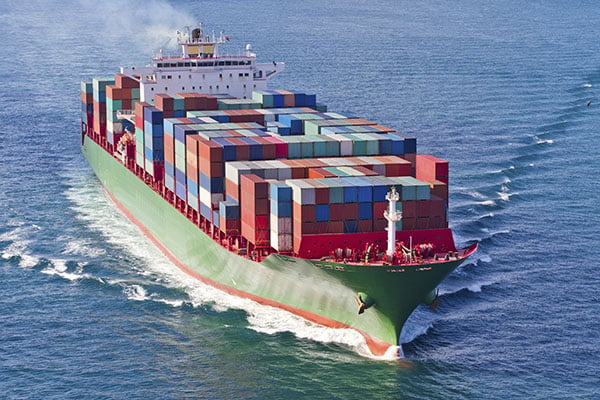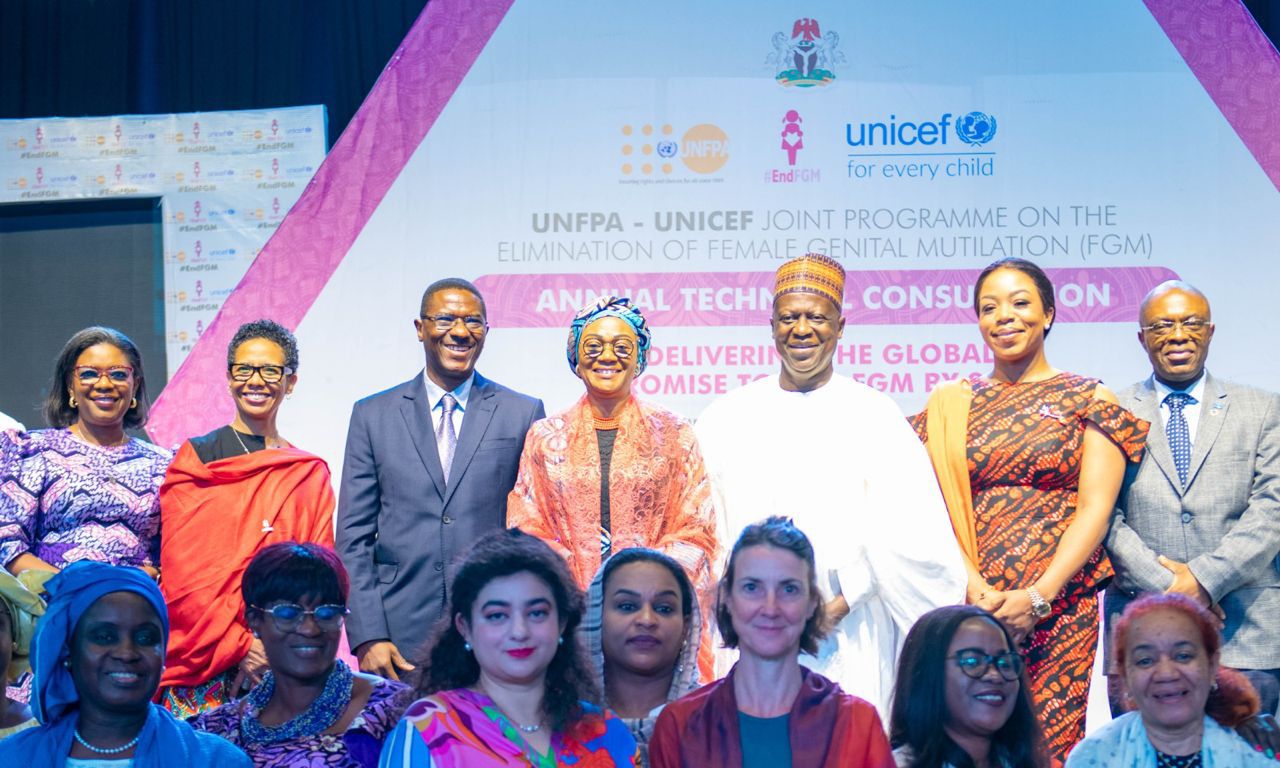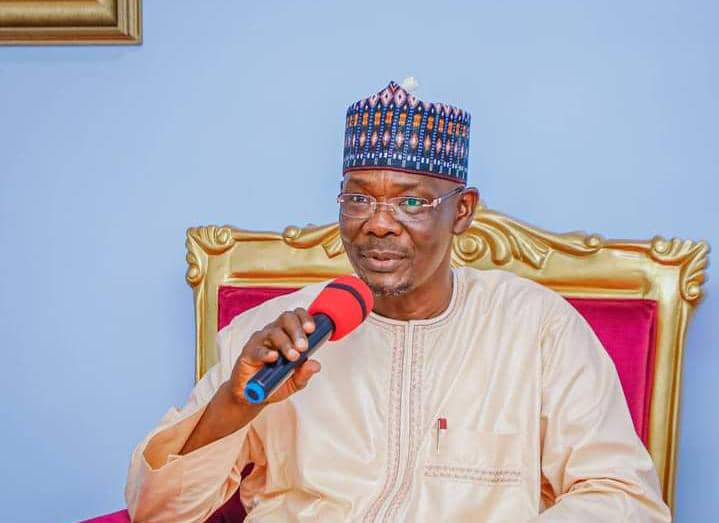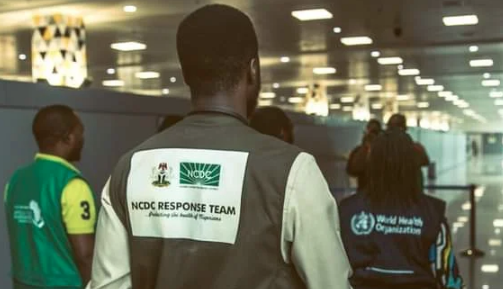Some maritime stakeholders say there is a need to reorient Nigerians about the country’s water bodies’ benefits beyond domestic uses.
Speaking on Saturday during a virtual event to commemorate World Oceans Day, celebrated every June 8, the stakeholders said most people see water bodies only as a resource to fulfill their immediate needs.
In August 2023, President Bola Tinubu announced the creation of the ministry of marine and blue economy headed by Gboyega Oyetola, former governor of Osun state.
The blue economy is the sustainable use of ocean resources for economic growth, improved livelihoods, and jobs while preserving the health of the ocean ecosystem.
Advertisement
Shakir Akorede, BEYA coordinator for the economy campaign, listed poor knowledge and a lackadaisical attitude as contributing factors to ocean pollution in Nigeria.
“All we care about is the immediate benefit. We do not really care of the long term effects. This is even more so because there is a dearth of knowledge and education around the importance of oceans,” Shakir said.
“When you don’t know the value of something enough, you don’t care about it. When someone is doing something that is tantamount to destroying our oceans or rivers, people don’t care. It’s because they don’t know that is very central to their sustainable living.”
Advertisement
OCEAN HEALTH AND CLIMATE CHANGE
Commenting on how climate change affects Nigeria’s water bodies, Mgbechidinma Chiamaka, a PhD student at the Chinese University of Hong Kong, said the immediate effects, including coastal erosion, sea level rise and loss of biodiversity, are already being felt in several Nigerian communities.
She expressed concerns about how poor policy implementation has created room for continued overfishing and over dredging of water bodies.
“As such, the impact of climate change will continue to push towards our homes and those who depend on the ocean for survival,” Chiamaka said.
Advertisement
ADDRESSING OCEAN POLLUTION IN NIGERIA
On ways to address the issues around abuse of water bodies, Busolami Adewale, a postgraduate student in coastal, harbour and offshore engineering, said, in line with the 2024 theme of World Ocean Day, Nigerians need to “awaken new depth of connection and empathy for our oceans”.
She also noted the importance of community and stakeholders engagement, multilateral agreements, global action and disciplinary measures in ocean preservation.
“We don’t have that connection to preserving the ocean, and why we have a lot of challenges is because nobody cares,” Busolami said.
Advertisement
On her part, Chiamaka encouraged indigenous researchers to carry out more research in Nigeria as opposed to research done through satellite imaging.
“Ocean is wealth, it is resources, ocean is the future. Anything to preserve the ocean is very important and it depends on you and me. The ocean cannot sustain itself,” she said.
Advertisement
“We need to move past the terrain of traditional beliefs to more researched and sustainable knowledge of our environment.”
Also speaking, Shakir said Nigerians need to be made to understand the dangers that come with disregard for and abuse of water bodies.
Advertisement
“When you talk about our oceans, the problems are beyond pollution. Governance is an issue; exploitation and exploration are issues. There are so many policy gaps as far as people’s relationship with oceans is concerned,” he said
“For anything to change, you need people to see the danger in what they’re doing or the benefits of what they’re not doing. If you want Nigerians to take sustainable use of oceans seriously, it’s either you make them see the evil or advantage.
Advertisement
“If they see the problem, with that, we’re able to establish connection. Connection is knowing that your life is dependent on how you treat oceans or water.”
The event was organised by the National Association of Marine Geoscience Students (NAMGS) in partnership with Blue Preservers, Society for Women in Marine Science (SWMS), and Nudge Initiative.
Add a comment







